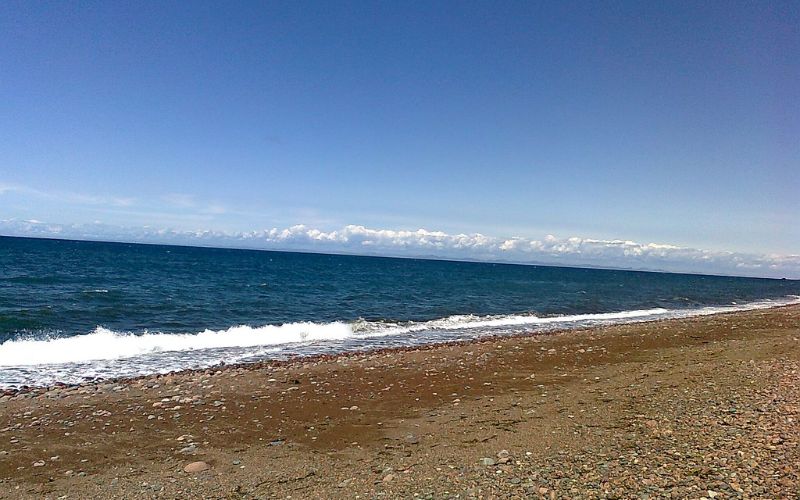New York Times music critic John Caramanca has slammed Irish boy band Celtic Thunder saying they were "an equal opportunity abuser."
Celtic Thunder, who became famous through their PBS shows and concert tours, played the Beacon Theater in Manhattan on Wednesday night
Caramanca called the group “competent but emotionally parched singers,” and said their program had “ little build, with arrangements hopping clumsily from song to song, causing sometimes jarring shifts in tone (exacerbated by dead air between several numbers).”
He also took issue with the boy band format and the fact that fans are known by the band's creator, impresario Phil Coulter, as ‘Thunderheads”
“On Celtic Thunder’s releases, the five group members are identified only by first name. Onstage, as at the Beacon Theater on Wednesday night, they aren’t identified at all, though the devoted fans who filled up maybe two-thirds of the seats had the boy-band dynamic down to a T: steadfast George, sensitive Keith, bruising Paul, caddish Ryan and angelic Damian.”
As for their choice of songs Caramanca said the group were performing “in versions that callously sanded down idiosyncrasies, as did several songs that played like context-free narrative bits from imaginary musicals.”
Referring to George, one of the Celtic Thunder performers, Caramanca wrote that he gnashed "his teeth through a bumper-car version of “I’m Gonna Be (500 Miles),” by the Scottish band the Proclaimers.”
The critic also took issue with Phil Coulter, one of Ireland’s most legendary performers who created Celtic Thunder. He said Coulter’s backing band which comprised “Mr. Coulter on piano; a four-woman string section, barefoot in mineral-tone silk dresses; a guitar player; a bass player; and a musician alternating between the bodhran (an Irish frame drum), a tin whistle and other traditional instruments — was too delicate, a flat, dull landscape.”
He also criticized ‘Ireland’s Call’ the anthem of the Irish rugby team. “Later, during a bloated “Ireland’s Call,” much of the crowd stood at attention as if the song were the national anthem, filling a gap that had little to do with music. “
Caramanca notes that some audience members hardly seemed pleased by the performance “After the show some men from the crowd could be heard complaining about the night’s abundance of sap, while others marched out the doors singing “When Irish Eyes Are Smiling,” which had, surprisingly, not been performed. Thunderheads can think for themselves, too,” he concluded




Comments